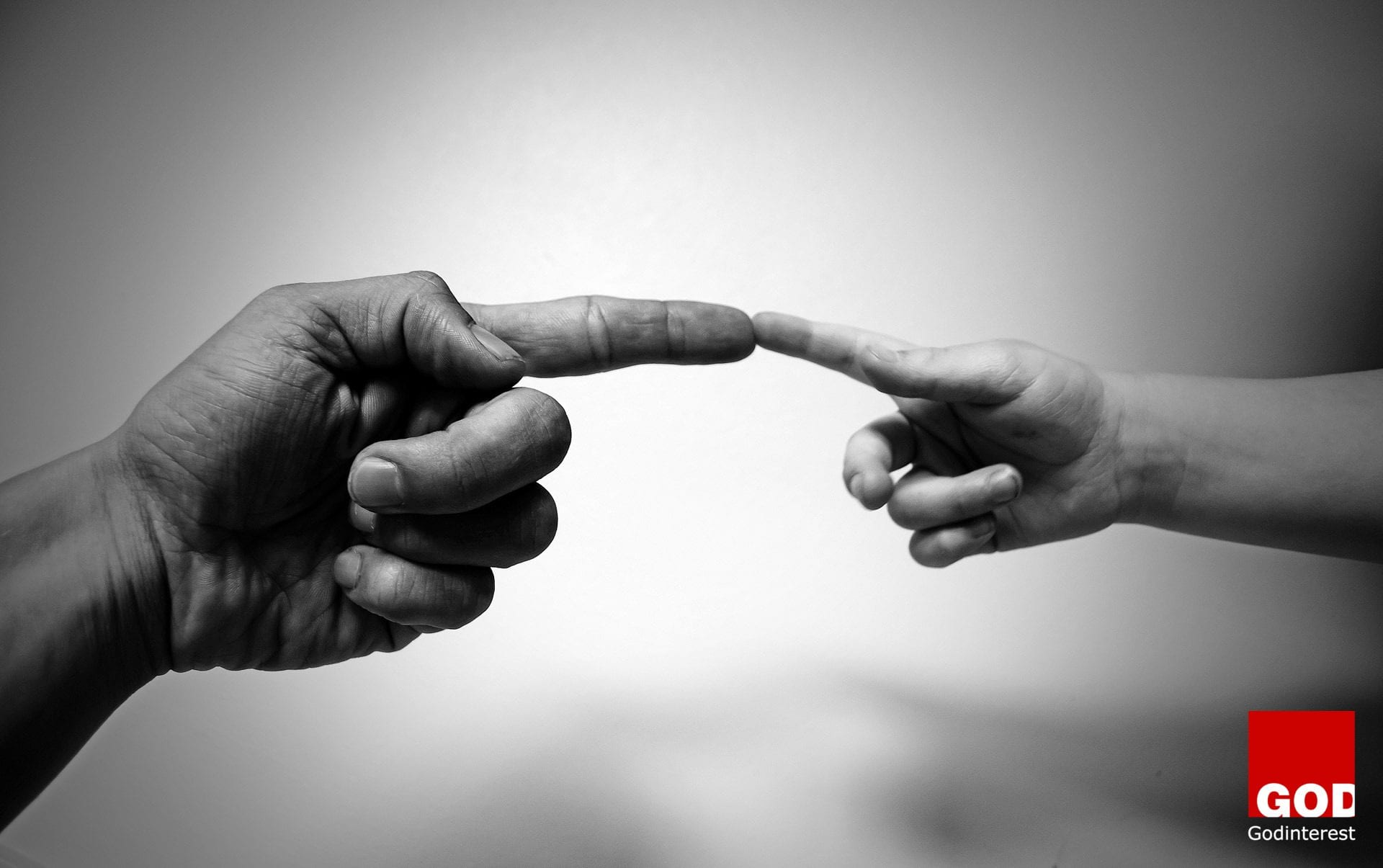In a bold statement on Monday of Orthodox Christmas, Patriarch Kirill, leader of the Russian Orthodox Church, warned his congregants about putting too much trust in their smartphone. What spiritual leaders term “external forces” can track and control smartphone users where “location, interests, and fears” have been collected from their devices, a media report explained.
People’s dependence on smartphones and modern technology could bring about the coming of the Antichrist, the leader of the Russian Orthodox Church has warned.
Speaking to Russian state TV, Patriarch Kirill said smartphone users should be careful when using the “worldwide web of gadgets” because it represented “an opportunity to gain global control over mankind”. “The Antichrist is the person who will be at the head of the worldwide web, controlling all of humankind,” he said.
“The Antichrist is the person who will be at the head of the worldwide web, controlling all of humankind,” he said.
Kirill said he was not against technology, only wary of the possibilities generated. “Control from one point is a sign of the coming of the Antichrist,” Kirill told government-run television network, according to the Moscow Times.
“The Antichrist is the personality who will be the world leader who controls all mankind. Thus, the structure itself presents a danger, ” he told television interviewers. He stated, “if we don’t want to approach the apocalypse, there shouldn’t be a single center (control and access).”
Worldwide Problems
The explosive growth of smart phones used on our earth is mind blowing. An estimated 2.5 billion people worldwide will use a smartphone by the end of 2019 according to research on the Statista website. And the latest statistical patterns do not show a decline. By 2020, according to emarketer.com, the smartphone user base will number 4.78 billion people, more than half the earth’s population. Whether people buy smartphones or not will depend on many factors, some of which might be budget problems. Some people who can’t afford to buy a device may be forced into using one because they follow their peers. There is also a question concerning the environment: Making a smartphone involves mining, and uses a number of precious metals that are in hard to reach places on the planet. Extracting these materials can damage large areas of land and place people – who live nearby in physical danger. Other environmental problems include spills of toxic chemicals and disruption to the planet’s ecosystem.

Kirill’s TV appearance on Monday came two days after the Ukrainian Orthodox Church was granted independence from the Russian Orthodox Church– a split that has been described as the largest in the Orthodox Christianity since the Orthodox church became independent from the Roman Catholic Church in 1054.





